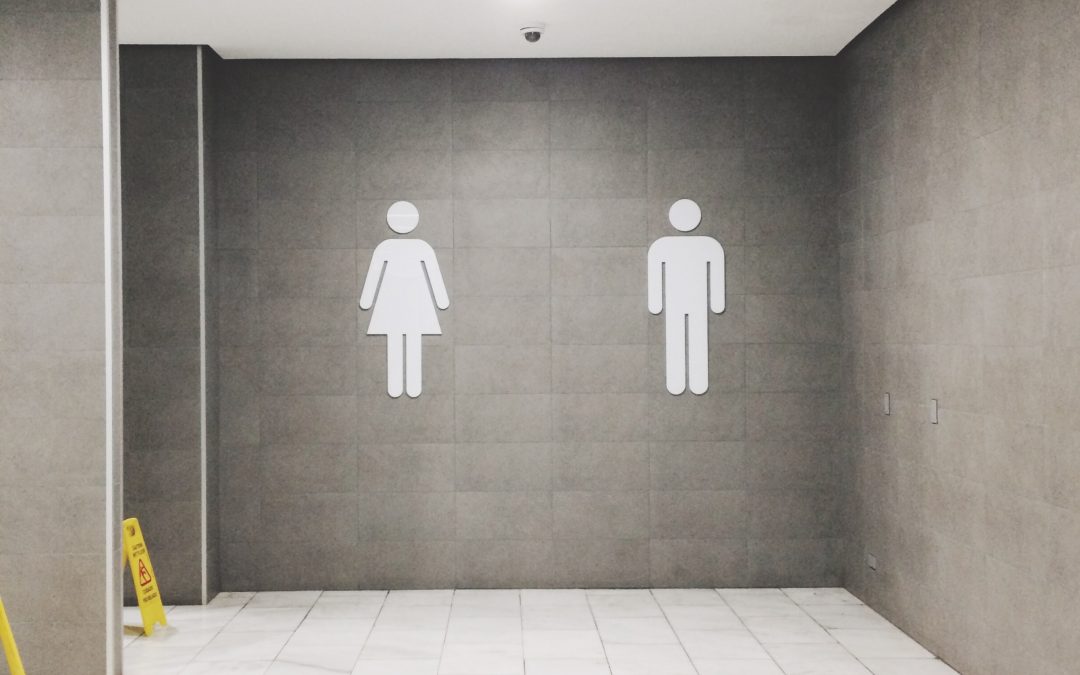Women deal with a lot of medical conditions and have a higher risk for certain diseases, from heart disease to menopause. Another medical condition that women often have a higher risk of than men is an overactive bladder. This affects millions of people in the U.S. alone, and can be really frustrating to live with. The following information helps you understand overactive bladder and get a better handle on it.
About Overactive Bladder
First of all, it helps to know a little more about what an overactive bladder is and how it might affect you. In the United States alone, about 33 million men and women suffer from an overactive bladder, even more when you are looking at the worldwide numbers. There are about 10% more women than men with this condition, looking at approximately 40 percent of adult women with the condition. Since this is often an embarrassing affliction, many people will not visit their doctor and instead look for natural and home treatments. It is essential that you understand what happens when you have overactive bladder so you know if a visit to your doctor is warranted.
How it Affects You
Having an overactive bladder means that you will get an urge to urinate immediately. There are often no warning signs, and if you can’t get to a bathroom fast enough, you may suffer an accident. This is also known as urine incontinence. This can create feelings of severe panic and anxiety any time you are not at home or not near a restroom. Aside from the sudden urge to urinate, you may find that with an overactive bladder you also urinate more frequently and that as soon as you feel the need to urinate, you have an accidental leak of urine involuntarily. If you wake up multiple times at night to urinate consistently, that can be another very common sign of this condition.
What Can Be Done About it
If you are dealing with incontinence or an overactive bladder, you should talk to your doctor. There are a variety of medical treatments available. Aside from that, there are also some things you can do at home. This includes getting to a healthy weight, reducing alcohol and caffeine, and quitting smoking. Having a healthy, active life can also be good for you, so don’t shy away from it just because of your overactive bladder.


Xgakcn Propecia Barata https://newfasttadalafil.com/ – Cialis Surgical excision often is combined with intralesional steroid injections or ablative laser treatments. cheap cialis australia Cialis Jewqza order levitra Untqff cialis montreal kijiji https://newfasttadalafil.com/ – purchase cialis online cheap Buying Cialis Propecia